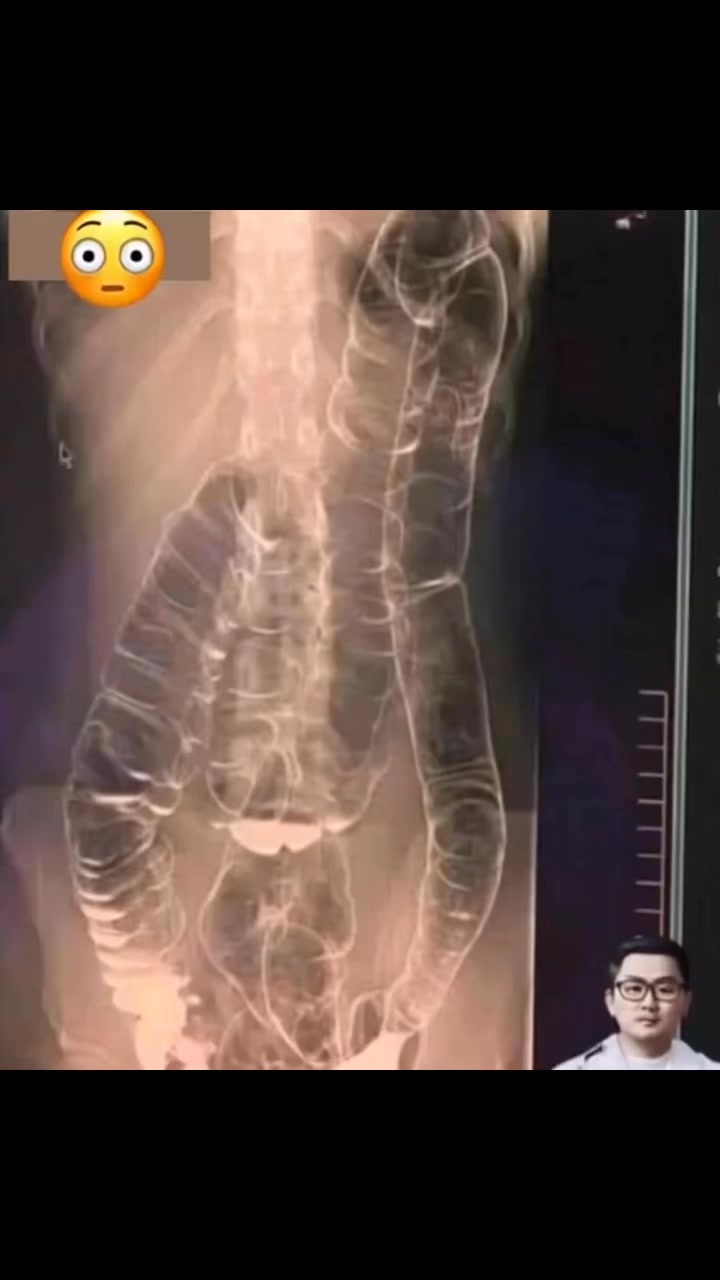Constipation is often dismissed as a minor inconvenience, something that happens when we change our diet, travel, or experience stress. Yet for millions of people worldwide, constipation is not temporary—it is chronic. When bowel movements become irregular and difficult for weeks or months, the consequences extend far beyond simple discomfort.
The digestive system is a finely tuned process designed to break down food, absorb nutrients, and expel waste efficiently. Any disruption to this process can cause waste to linger in the colon, triggering bloating, abdominal pain, and even severe medical complications. Chronic constipation, therefore, is more than just a nuisance—it is a condition that deserves attention, prevention, and treatment.
Recognizing the Signs of Constipation
Constipation can look different for each individual, but the most common signs include:
-
Infrequent bowel movements (fewer than three per week).
-
Straining or difficulty passing stools.
-
Hard or lumpy stool consistency.
-
A sensation of incomplete emptying after using the bathroom.
-
Abdominal bloating, cramps, or pain.
While occasional constipation is common, particularly during stressful times or changes in routine, persistent symptoms that last for weeks or longer signal chronic constipation. This ongoing problem can greatly affect quality of life and overall health.
When Constipation Becomes Dangerous
Constipation is not always harmless. In extreme cases, the condition can escalate into medical emergencies. For example, doctors once reported the case of a woman who went more than two weeks without a bowel movement. Her colon expanded dramatically, pressing against her chest and heart, creating a potentially life-threatening situation.
While such severe cases are rare, they illustrate the risks of ignoring constipation. Over time, waste accumulation can stretch and weaken the colon muscles, making it even harder for the body to push waste out.
Stagnant stool can also allow toxins to seep into the bloodstream, potentially causing symptoms such as:
-
Persistent headaches
-
Bad breath (halitosis)
-
Fatigue or low energy
-
Skin problems such as acne or irritation
